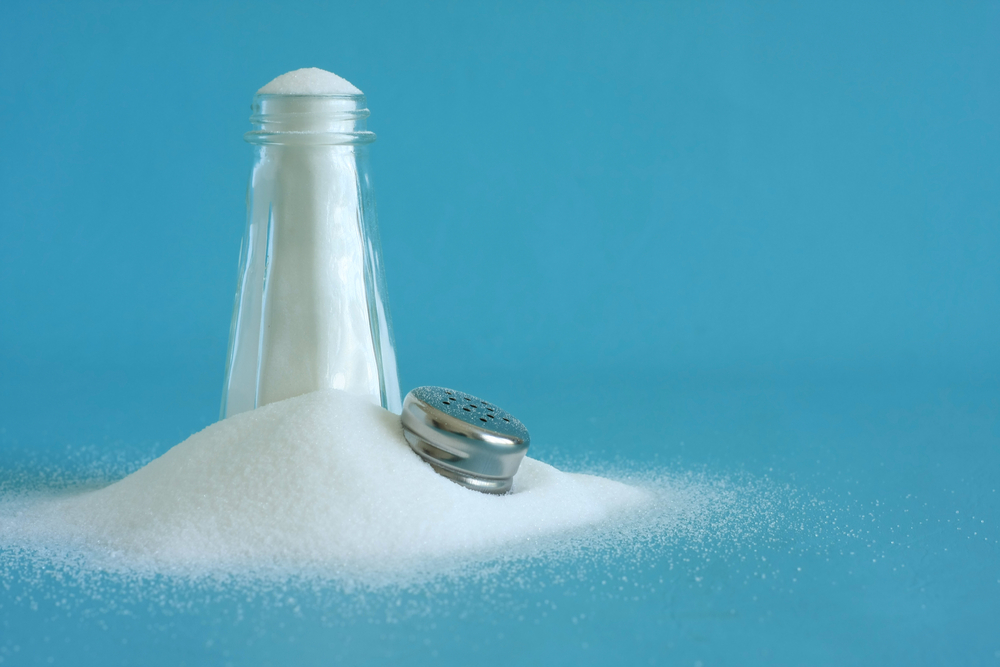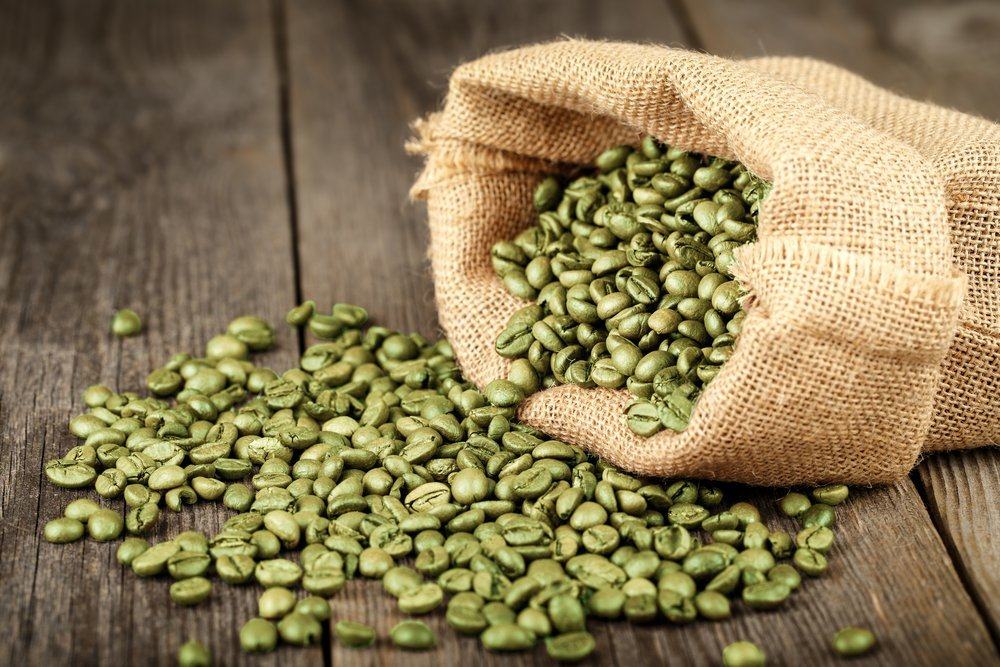Contents:
- Medical Video: Mayo Clinic Minute: Spice things up to lower salt intake
- Foods high in salt increase the risk of heart disease
- Various processed foods high in salt
- Recommended salt intake for diabetics
- Tips for reducing salt intake
Medical Video: Mayo Clinic Minute: Spice things up to lower salt intake
Diabetes is not only a matter of controlling foods with high sugar levels, but also high-salt foods.
Dr. Prakash Deedwania, head of cardiology at the Veterans Administration Central California Health Care System and professor at the University of California, San Francisco School of Medicine, stated that diabetes patients usually only focus on controlling glucose to prevent complications of diabetes. In fact, research shows that high-salt foods consumed by diabetics will increase the risk and complications of the disease. Why so?
Foods high in salt increase the risk of heart disease
Diabetes and salt have similar harmful effects on the cardiovascular system. Dr. Spyros Mezitis, an endocrinologist at Lenox Hill Hospital, New York, states that both cause blood vessels to harden and both also increase the risk of blood clots that can cause heart attacks and strokes.
A study released in Japan states that high-salt foods can double the risk of diabetics for heart disease. The survey was conducted on approximately 1,600 diabetic patients between the ages of 40 and 70 from all states in Japan. Survey participants were monitored for eight years and they were given a number of questions about food consumed including daily sodium intake.
The results showed people with the highest sodium intake of around 6,000 mg per day were twice as likely to have heart disease as those who had the lowest sodium intake, which was around 2,800 mg per day. Of the 359 people with the highest sodium intake, 41 had heart problems. This figure is higher than those who consumed the lowest salt intake, which is only about 23 people out of 354 people.
In addition to salt, the researchers also found other factors that can increase the risk of diabetes patients suffering from heart disease, namely alcohol consumption and excessive calorie intake. The study, published in the Journal of Clinical Endocrinology & Metabolism, also found plenty of evidence to confirm that consuming less salt in food can help prevent the dangerous complications of diabetes it suffers.
Various processed foods high in salt
If you are accustomed to eating high-salt foods, then you should begin to erode them slowly. Usually this type of food is widely found in processed foods and fast food, such as:
- Sausage
- Salty snacks such as chips, popcorn, salted beans and biscuits
- Cheese
- Smoked fish and salted fish
- Soy sauce, mayonnaise, pickles
- Canned food containing salt
- Sandwich
- Instant soup
Recommended salt intake for diabetics
Salt has a negative effect on blood pressure and heart health if consumed in excess, both in people without and with diabetes. U.S. The Centers for Disease Control and Prevention (CDC) recommends salt intake in diabetics is good for no more than 1,500 mg per day. While people without diabetes can consume salt no more than 2,000 mg every day.
Although salt does not affect glucose levels in the blood, it is important to limit the consumption of the amount of salt you consume. Because, people with diabetes are more likely to be affected by high blood pressure caused by excess salt consumption.
Not only that, people with diabetes are more at risk of developing high blood pressure which increases the risk of heart disease, stroke and kidney disease.
Tips for reducing salt intake
There are several ways that you can use to limit salt intake, including:
- Reduce the amount of salt you normally use when cooking even though it is against your taste.
- Reduce buying ready-to-eat food and processed foods outside because usually the salt content in it is quite high.
- Avoid the habit of adding salt to foods that you have cooked or served in restaurants.
From now on, try to reduce salt intake in every food you eat to reduce the risk of disease complications. Always consult with a doctor regarding healthy diet guidelines that you should apply.












